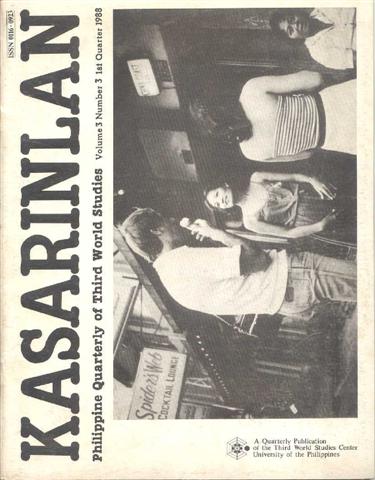Trading-off Foreign Military Bases in the Philippines and Vietnam: The Strategic Implications
Abstract
The various missions of the US bases in the Philippines have been examined. Some, like the mission of supporting intervention in the Persian Gulf, should not be performed at all. Others, like countering the Soviet presence in Southeast Asia, would be easier performed by accepting Gorbachev's tradeoff proposal. Because Subic and Clark are so much more valuable militarily than the Soviet facilities at Cam Ranh Bay and Danang, there will obviously be some reluctance to having a simple one-for-one exchange. And indeed it makes good sense to couple any Philippines-Vietnam tradeoff to a number of other agreements: the establishment of a Zone of Peace, Freedom, and Neutrality in Southeast Asia; a settlement of the Kampuchean conflict along the lines of the ASEAN position; denuclearization of Southeast Asia; and then demilitarization and denuclearization of the Indian Ocean as well. All would face little obstacle from Moscow--indeed all have been endorsed by the Soviet government. With proper political will in Washington none of this would be utopian. Moreover, in the context of these sorts of agreements, a withdrawal of Soviet troops from Afghanistan should not be too difficult to obtain. Trading off the US bases in the Philippines for Soviet bases in Vietnam offers a major step toward a creation of a more peaceful and just world.
Published
2007-12-03
Issue
Section
Features
By submitting a manuscript, the authors agree that the exclusive rights to reproduce and distribute the article have been given to the Third World Studies Center.



